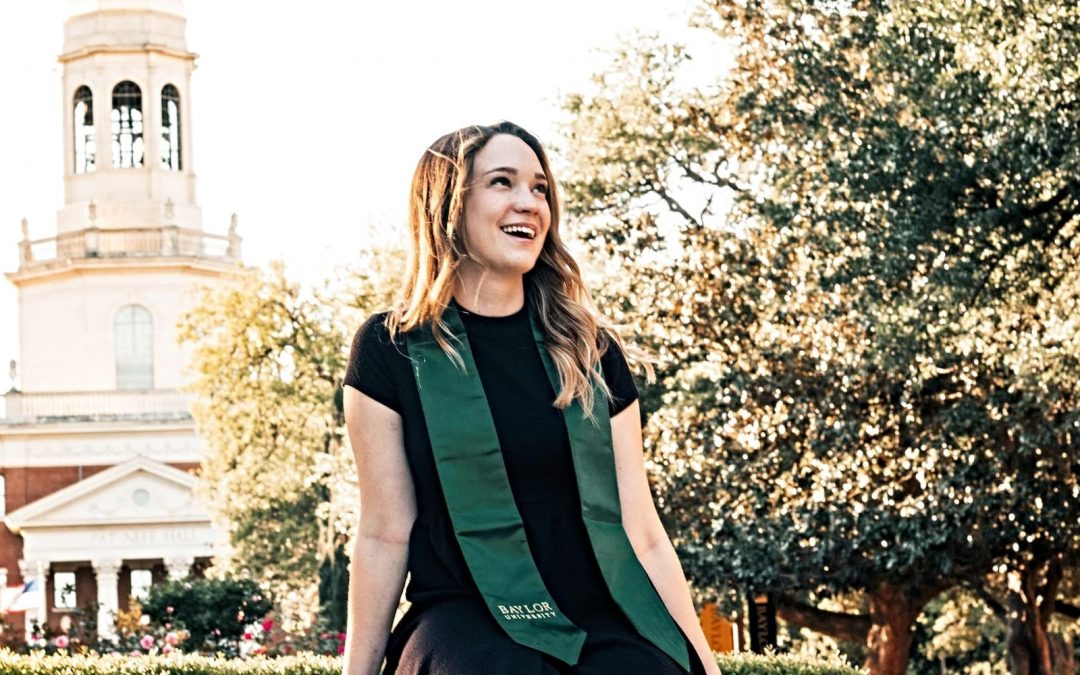When history repeats itself and Christians leave behind the most vulnerable.
I learned the story of the Good Samaritan in Sunday School like most Americans, but at the time, I did not realize the implications it would have on my life or my community.
The story is simple: A man has been robbed and left for dead; two men ignore him while the Good Samaritan stops and takes care of him.
I never remembered, or was never taught, that the two men who ignored him were the religious community’s figureheads. The Good Samaritan was a religious outcast.
My freshman year of college, I was the man robbed and left for dead.
I had come to Baylor University in the hopes of becoming a youth pastor. I attended several Bible studies per week on top of my religion classes and prayer groups. I wore my purity ring with conviction.
And then, I was raped. I followed all of the rules that were supposed to keep me safe, and still, I was raped.
The next few weeks, I reached out to every possible resource I could. My life had been turned upside down and I was trying to find stability through pastors, Christian friends and Baylor’s administrators. Their minimal efforts were fruitless.
Some prayed over me while touching my shoulder, unaware that even that touch reminded me of the worst day of my life.
Some suggested forgiveness, as Christ forgave us, unaware that only pushed me further into silence.
Some were openly accusatory, suggesting I had tempted him or made the wrong choice with whom I was associating.
I was heartbroken and alone, but then came my Good Samaritans.
They were not my usual crowd, to say the least. They partied hard and loved their friends harder. Almost all of them were either gay or bisexual. And they loved me in ways I had never been loved before.
They held me when I cried and never touched me without asking. They did not suggest forgiveness or that this was all in God’s plan but sat with me in my trauma and reassured me I was not alone.
When I recounted the actions of my friends, family and university, they did not accuse me of misunderstanding or lying, like so many others had.
My Good Samaritans knew I was not lying because they had experienced the same institutional bureaucracy I had.
Baylor has never been one for wide-sweeping social change, but the way they have lagged behind is abhorrent.
The campus was segregated until 1964, and in 1987 they expelled an unwed student who became pregnant.
All the while, they congratulated themselves on their “unambiguous Christianity” in a world where higher education is so fraught with secularism.
Most recently, Baylor permitted an anti-LGBTQ+ event on campus, which was advertised with a Soviet symbol superimposed on a gay pride flag. For this, they pride themselves in their belief in students’ right to freedom of speech.
Yet, the LGBTQ+ organization, which has submitted a charter request every year since 2011, has been repeatedly denied for not conforming to Baylor’s human sexuality statement.
That same statement was only changed in 2015 from comparing homosexuality to incest and sexual assault.
Amid two Student Senate resolutions that I wrote in support of the gay community, a petition with over 3,000 signatures of students, alumni and donors, as well as increasing media pressure, Baylor refuses to budge.
Most administrators defer to the human sexuality statement, which is determined by the Board of Regents.
When I and the officers of Gamma Alpha Upsilon, the aforementioned LGBTQ+ group, wrote a letter imploring the regents to allow us to present our concerns, we were denied.
They deferred back to the same administrators in charge of chartering organizations and, ironically, stated that “the Board does not allow outside groups to address the Regents in such a manner.”
This sounds oddly familiar, doesn’t it? Baylor students regularly filed complaints to the university with regards to its abhorrent Title IX investigations, yet until the university’s athletics program was threatened, no changes were made.
How many students suffered because of their delay? Where was our “unambiguously Christian” university then?
Like the religious leaders in the story of the Good Samaritan, they walked by unaffected, as they will continue to do until it is financially beneficial for them to stop.
So, I prepare now, three years after my rape, to cross the stage and graduate. Many have asked if I would return to Baylor as an employee. My answer remains the same: I only want to work at a truly Christian institution.
I only want to “fling my green and gold afar” when those colors represent liberation and unity through Christ, not repression and silence for convenience or financial benefit.
The truth is, I have little hope for the religiously complacent to act like Christ. Instead, I’ll leave it to the Samaritans of the world to aid in Christ saving it.
Editor’s note: This article is part of a weeklong series. Previous articles in the series are:
Why Church Volunteers Need Training to Work with Transgender Youth by Justin Joplin
Court Cases Foreshadow Dangerous Times for LGBTQ Equal Rights by Don Holladay
Unsure About Accepting LGBTQ Folks? God Gave You the Keys by Jim Dant
The Experience of Christian Parents of a Christian Gay Child by Greg and Kelly Otis
Crossing Chasm That Seemingly Divides Bible, LGBTQ Loved Ones by Preston Clegg


